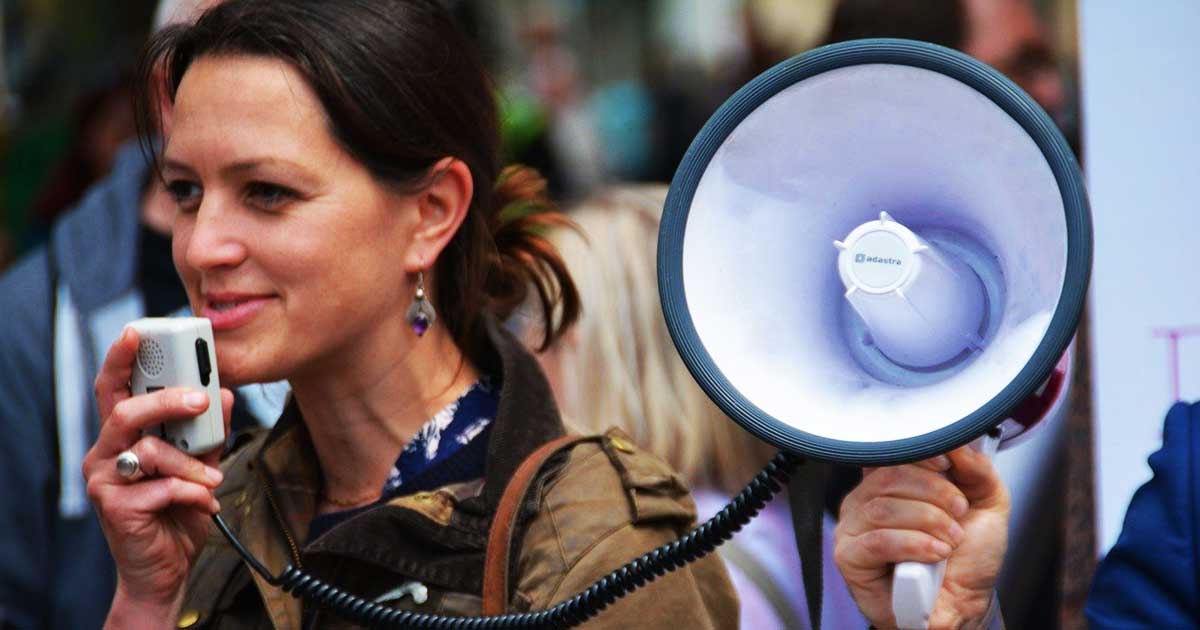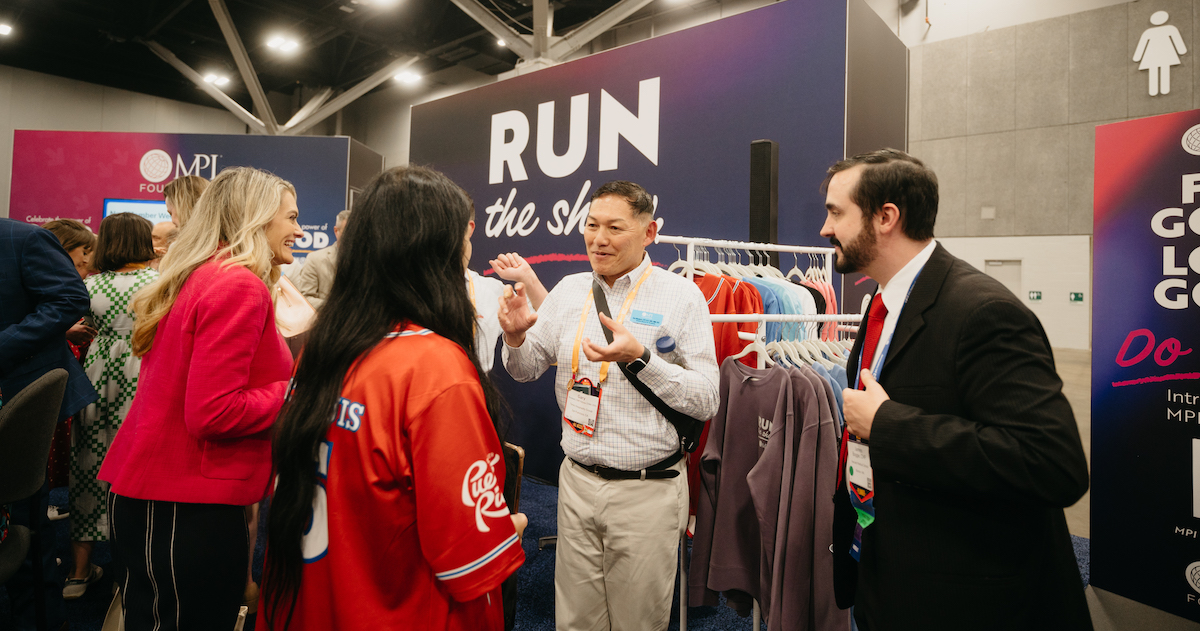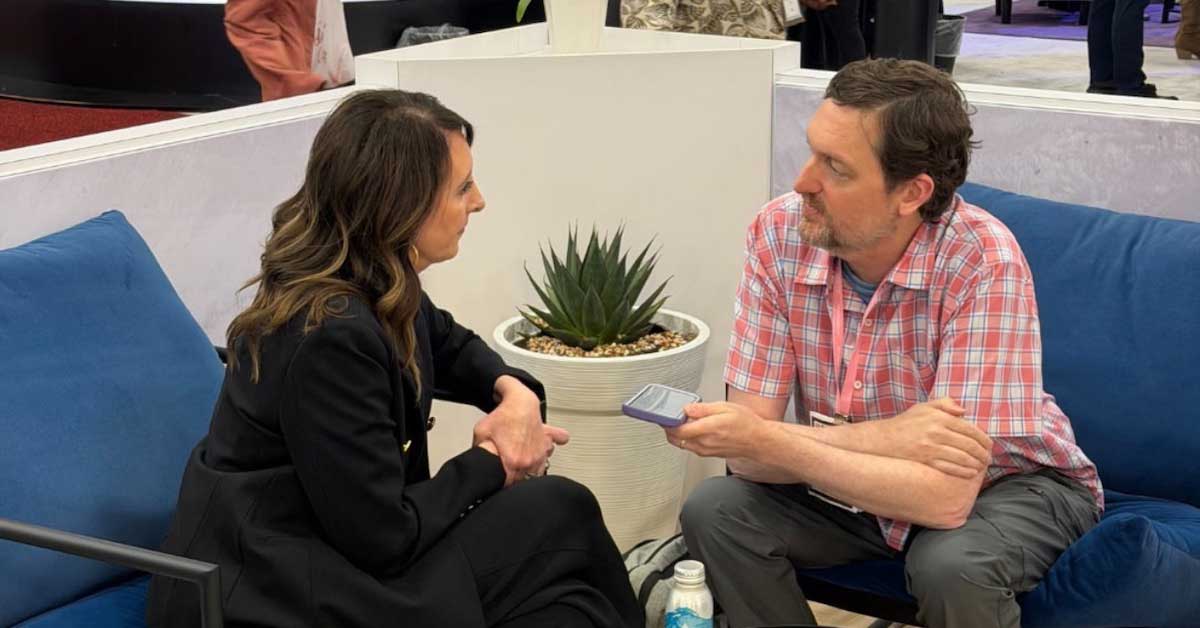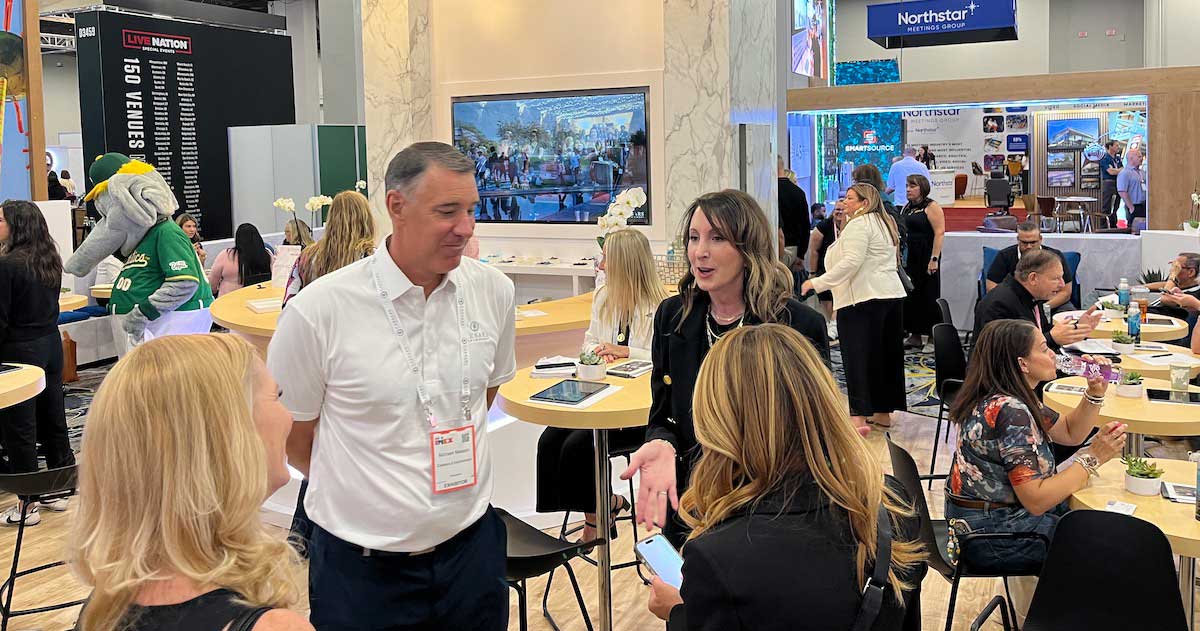Nearly 70 percent of event speakers worldwide are men, but the reasons for this are not as straight-laced as one may think.
These stats are based on a mega study by event software company Bizzabo of more than 60,000 speakers in 23 countries. Let’s speak plainly: Manels gotta go. The prevalence of all-male panels and male speakers overall—outnumbering females 3 to 1—is not only a disservice to the education and thought leadership they are meant to provide, but simply cannot be justified. And while loads of research and time and money have gone into understanding the variables of gender disparity among professional speakers, all hark back to the obvious answer: time-honored belief systems that perpetuate discrimination.
Stop Debating It
One case in point is the argument that a lack of female speakers at medical meetings is due to low representation of female physicians and surgeons vs males. This has been debunked many times, one of the most recent studies, “Trends in the Proportion of Female Speakers at Medical Conferences in the United States and in Canada, 2007 to 2017,” did so by showing near parity of female medical school graduates vs males. Females are graduating with the same degrees as males; the representation is bubbling at the surface, but the opportunities are not.
Likewise, research on colloquium speakers at the top 50 U.S. universities, as ranked by U.S. News, found that males held a 70/30 advantage to females across a spectrum of disciplines when it came to these high-level academic presentations. Colloquium talks are an invite-only platform for academics to discuss their research, publicize their work and build collaborations with new colleagues, as well as their reputations. Such gender disparity severely diminishes the range of opportunities that can come from a colloquium talk invite.
Changing the Narrative & the Caveat
Gender bias and antiquated perceptions of social norms have a created a no man’s land for female speakers—this includes the perceptions women often have of themselves and their own abilities. Many women have been conditioned to believe their stories aren’t inspirational enough; their credentials long enough; their voices powerful enough. The bygone-era perception of women as mothers and homemakers first and career women second is also still alive and well, and affects everything from career advancement to a woman’s choice of whether to take advantage of family-friendly work policies. It’s common for women to struggle with work-life balance—meeting the expectation as well as the act itself. A 2016 Statistics Canada report found that women still do 50 percent more unpaid work at home than men and are less satisfied with their work-life balance.
Low visibility of professional females also perpetuates a cycle of gender bias by sending a signal to other females that their chosen careers are not female-friendly, which, in turn, contributes to a lack of female mentorship and role models.
Women as Gatekeepers
So just how do we eliminate the gender bias that female event speakers’ face? Here are some ideas:
- Give women more power over the selection process. When committees are chaired by women, studies show that half of the invited speakers are women; compared to 30 percent when the committees are chaired by men.
- Hold conference organizers responsible for creating diverse panels, not just “fillers,” or adding “the woman” for the sake of looking less male.
- Crowdsource speaker ideas from attendees or allow them to vote on their chosen speakers ahead of the event.
- Create a company culture that not only appreciates but incentivizes work-life balance.
- Develop a speaker mentoring program led by female speakers that targets potential academia speakers.
- Collaborate with organizations such as GenderAvengers, a non-profit that elevates the voices of women, to become more aware of your company’s gender biases and how to overcome them.
- Stop investing money on research that tells us what we already know about gender disparity and its discriminatory roots and more on programs that leverage the skills, experience and unique voices of women.
And last but not least, remember: Your credentials are enough. Your experience is enough. You are enough.







